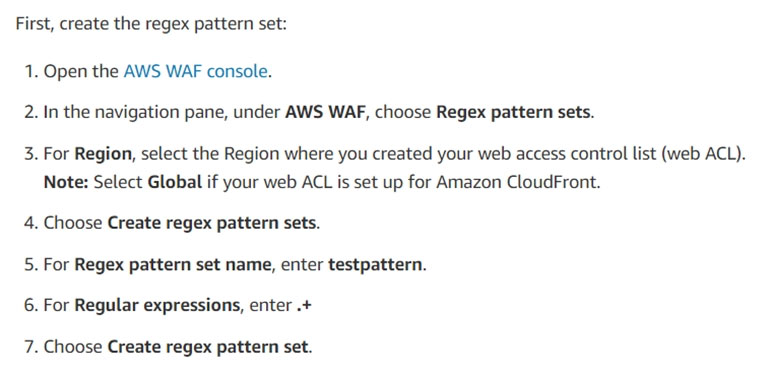ChatGPT says ...
C. HTTP traffic is not forwarding to HTTPS to decrypt.
This means that the WAF is not able to inspect the encrypted traffic because it is not being decrypted. As a result, the WAF is not able to log or detect any malicious activity that might be occurring within that encrypted traffic.
Option A, that the user agent client is not compatible with the WAF, would not prevent the WAF from logging traffic, but it might prevent the WAF from blocking certain types of traffic.
Option B, that a certificate on the WAF is expired, would not prevent the WAF from logging traffic or detecting malicious activity, but it might prevent users from being able to access the web application.
Option D, that old, vulnerable cipher suites are still being used, might result in vulnerabilities that could be exploited by attackers, but it would not necessarily prevent the WAF from logging traffic or detecting malicious activity.
